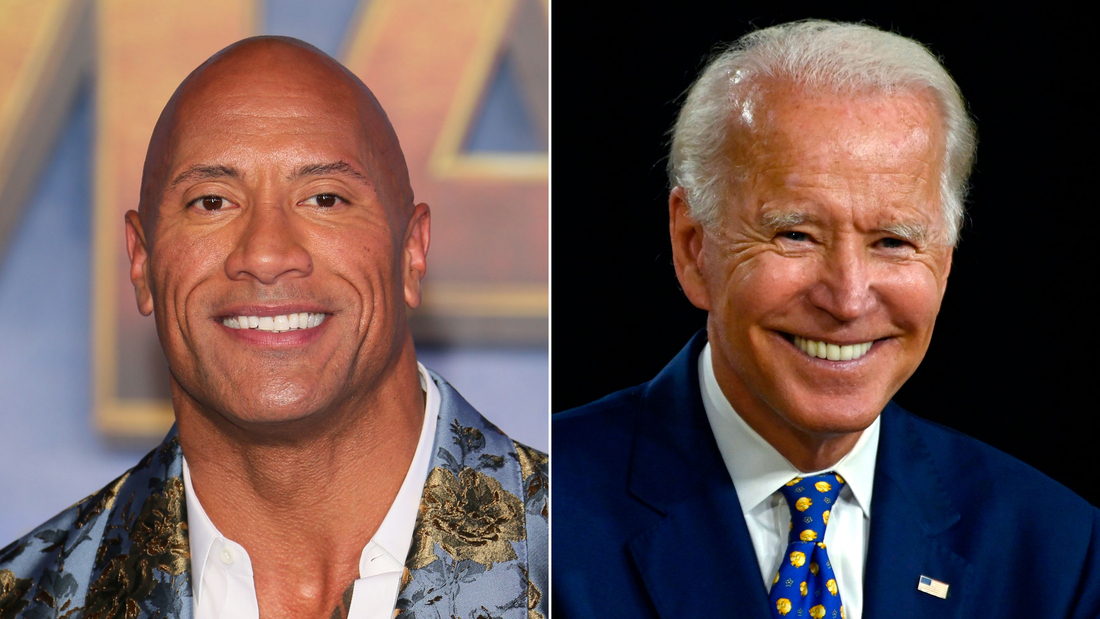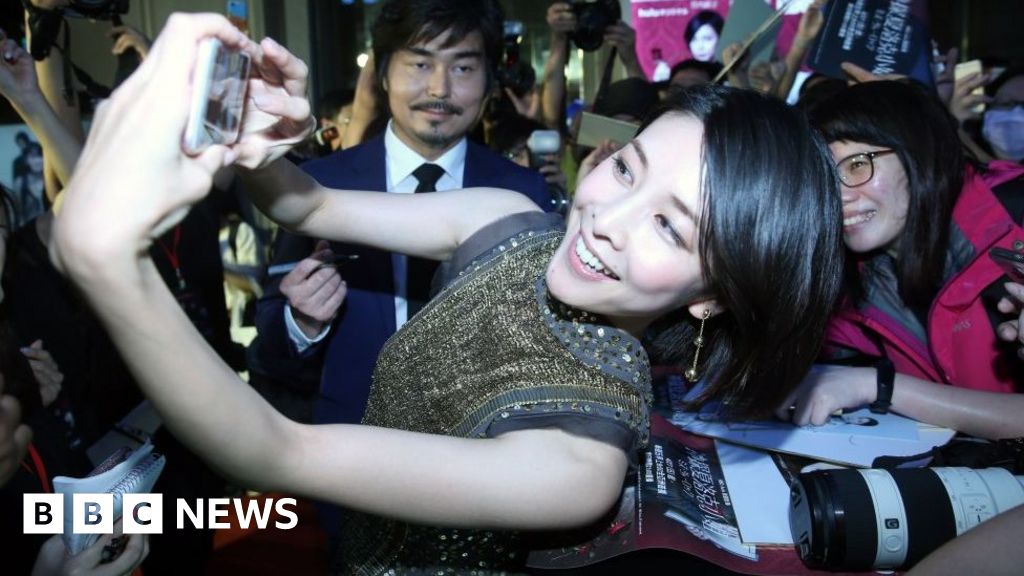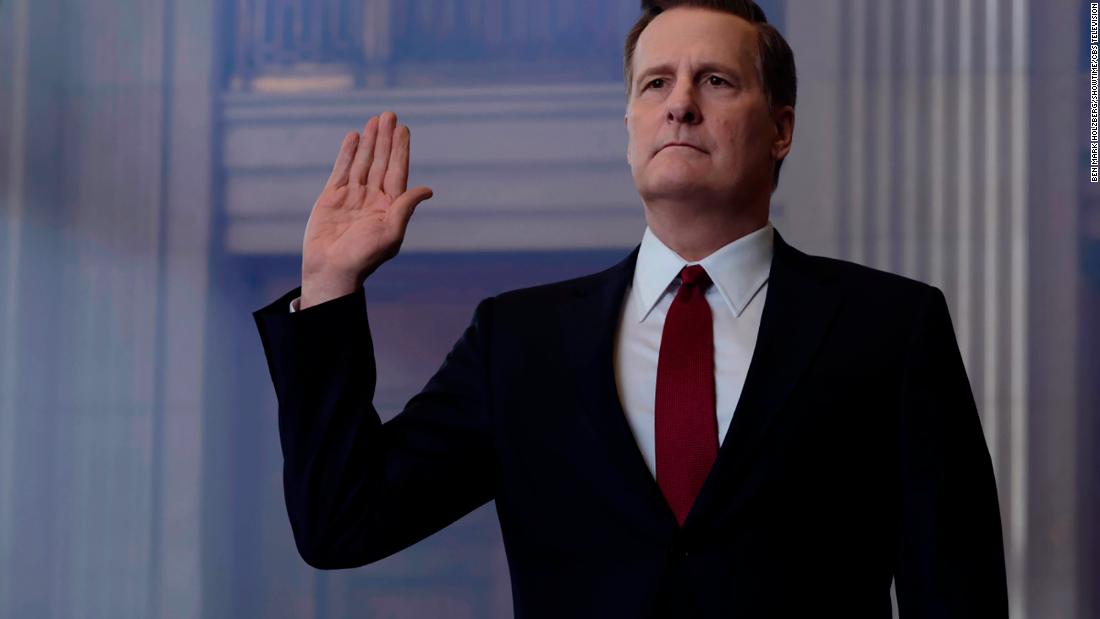(CNN)"The Twilight Zone" has returned periodically since its debut over 60 years ago, including a CBS All Access revival beginning its second season this week. Yet in a twist worthy of the show's creepy music, the original series speaks to the strange times through which we're living more directly and profoundly than the new one.
Creator Rod Serling's anthology show defined the genre and shaped untold numbers of science-fiction yarns, but also dealt with issues that resonate to this day. Those include, in no particular order, racism, loneliness, the fragile nature of society, and the enduring notion that the biggest threat to humanity is usually what we tend to do to ourselves.
It's worth noting that when "The Twilight Zone" premiered in 1959, the lessons of World War II and horrors inflicted by Nazi Germany were relatively fresh in viewers' minds. The Cold War was also in full swing, so the idea of oppressive regimes informed Serling and his collaborators.
Still, as the program made clear on multiple occasions, fear and distrust were potentially our most dangerous enemies, qualities that could quickly upend ordinary people and shatter seemingly idyllic neighborhoods.
Nothing exemplifies that better than two episodes: "The Monsters Are Due on Maple Street," in which the fear of alien intruders causes neighbors to suspect and turn on each other; and "The Shelter," where one family's bomb shelter sparks a crisis among those seeking protection and sanctuary amid the threat of a nuclear strike.
Those episodes and others have echoed in more than a few heads over the last several months. As CNN's John Blake wrote in April, "Maple Street" stands as "a cautionary tale about how social order can quickly break down when an unseen threat causes fear to go viral." Serling's closing narration echoes this warning, noting that "for civilization to survive, the human race has to remain civilized."

"The Twilight Zone" was very much a product of its time. Yet in grappling with issues then, Serling and the other writers anticipated a dynamic of the modern media age -- namely, identifying actual dangers, versus when and whether fear itself becomes irrational and crippling.
Do people rise to the occasion, or does hardship -- or conversely, sudden opportunity -- bring out the worst in us?
In that sense, it's hard to think of a better allegory for coronavirus than the aforementioned episodes, or the installments where astronauts contact other worlds or aliens -- "To Serve Man," "The Little People" and "People Are Alike All Over" come to mind -- in ways that convey lessons about how power is wielded.
Previewing the new season, having been at best mildly impressed by the first one, that sort of depth is again lacking. Indeed, the latest "Twilight Zone" seems preoccupied with personal foibles and modest sci-fi wrinkles more than exploring universal truths.
The previewed episodes feature the dangers of consumerism (with a conspicuous shout out to an early classic), a lonely man desperate to make a connection with an unseen voice, and an actor who discovers the can transfer his consciousness into random strangers, after a bank robbery gone wrong.
The world, however, has become a more complicated place, a description that applies to streaming content as well. "Black Mirror" has set a high bar on that form of social commentary, especially as it pertains to technology.
Where "The Twilight Zone" historically excelled -- aside from the devilish surprise endings -- hinged on crafting concise morality tales that dealt not only with the apprehensions of the day, but human nature more broadly. That's the most enduring part of Serling's legacy, and the one that speaks the loudest to where we are now.
Fortunately, old "Twilight Zone" reruns are still widely available (including periodic marathons) for those craving what it uniquely offered. Because decades later, those black-and-white episodes still provide not just entertainment, but a true buffet of food for thought.
"The Twilight Zone" begins its second season on CBS All Access on June 25.

 5 years ago
905
5 years ago
905 

